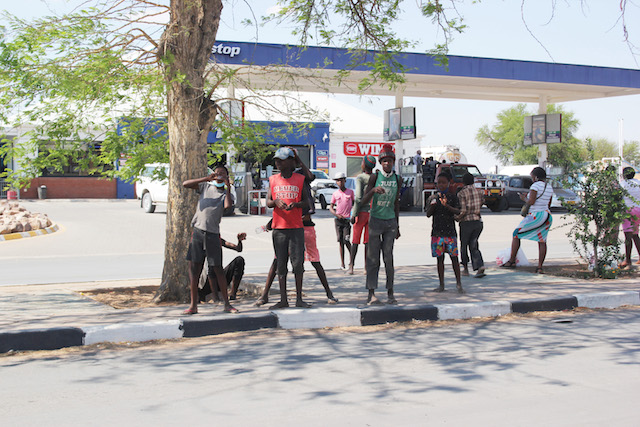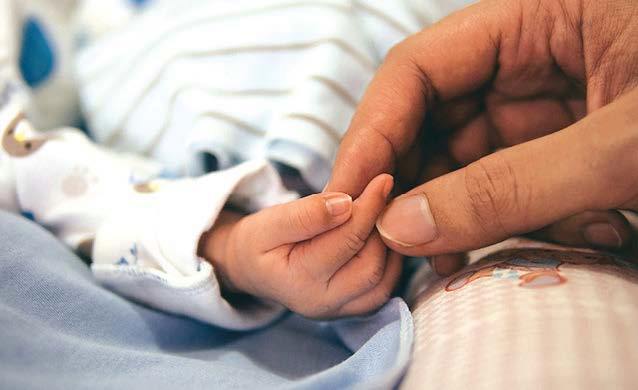In the busy streets of Windhoek, a worrying scene has become a common sight: young children, frequently by themselves and at risk, asking for money.
The City of Windhoek says it has observed a concerning increase in the number of children begging on the streets of Windhoek, placing them at risk of harm and exploitation.
According to the city, child begging is a complex problem that cannot be solved by giving money to the children, as it can make the problem worse by creating a cycle of dependency and exploitation.
City of Windhoek spokesperson Harold Akwenye urges the public to refrain from giving money directly to children. Instead, he encourages citizens to channel resources towards institutional support systems like soup kitchens and educational programmes.
“Building strong social support structures and creating pathways for these children to reintegrate into society is crucial for sustainable change,” Akwenye says.
He told The Namibian yesterday that it is crucial to provide children with alternatives to life on the streets.
“This should involve comprehensive rehabilitation programmes focused on education, skill development, and emotional support,” he said.
Akwenye said the primary responsibility for removing children from the streets and enrolling them in such programmes belongs to the Ministry of Gender Equality, Poverty Eradication and Social Welfare, adding that the city’s role is to support and collaborate with relevant authorities to facilitate these efforts.
He called on ministries and supporting organisations to share insights to aid in refining and enhancing rehabilitation initiatives.
“The effectiveness of rehabilitation programmes largely depends on their ability to provide sustainable and impactful change … Transparency and accountability are key to improving outcomes,” Akwenye said.
He emphasised that to effectively address the issue of child begging, it is essential to focus on long-term solutions that tackle the root causes, such as poverty and lack of education.
Executive director at the ministry of education Sanet Steenkamp says the ministry hosted a successful programme in the Hardap region where children were taken off the streets and had their needs assessed.
“We made an assessment of all their needs with the regional council. The education directorate was very, very active in this. What we did in the end was that we found a space for them in one of the hostels, a rural hostel, and provided for their needs,” Steenkamp says.
The programme provided the children with school uniforms, clothing and anything else they might need.
Stay informed with The Namibian – your source for credible journalism. Get in-depth reporting and opinions for
only N$85 a month. Invest in journalism, invest in democracy –
Subscribe Now!








